Industry Support Needed to Preserve Cal Poly San Luis Obispo Hort Department Facilities
California Polytechnic State University in San Luis Obispo recently released an update to its Master Plan (http://masterplan.calpoly.edu/master-plan/) that indicated that almost all of the university’s orchards and horticulture facilities could be repurposed for buildings, residential and/or recreational space. The university is seeking input on the plan by the end of this month before making its final decision.
Dr. Scott Steinmaus, Horticulture and Crop Science Department Head at Cal Poly San Luis Obispo, recently sent out a letter, to help draw attention to this issue and ask for faculty, students, alumni and industry members to take action on the plan and help preserve the facilities. Steinmaus says the proposed changes directly affect Cal Poly’s current orchard plantings and other long term plans for the department.
“I want you to know that we are committed to making sure that our orchards, facilities, and field sites remain the invaluable teaching environments that enable our students to learn about crop, fruit, and horticulture production, food safety and pest protection, in addition to providing sites for externally-funded research projects that benefit the Horticulture and Crop Science industries,” Steinmaus said.
The university’s president, Jeffrey D. Armstrong said in a recent email to the Cal Poly community that, “…all of the input gathered through the end of May – will be studied by the planning team.” So Steinmaus is asking for immediate input from alumni, faculty, students and other horticulture industry leaders to help save the facilities. According to Steinmaus, university students voiced their concerns at a recent listening session by focusing on the urgency of maintaining Class 1 soils for agricultural use and the importance of having such land close to the campus core to facilitate the department’s “Learn by Doing” philosophy.



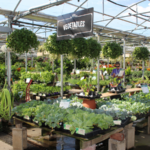

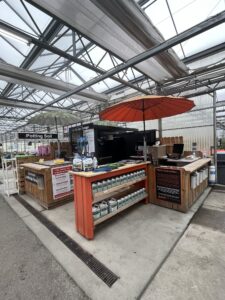
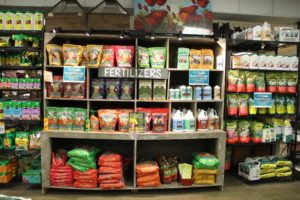

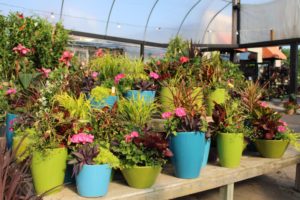
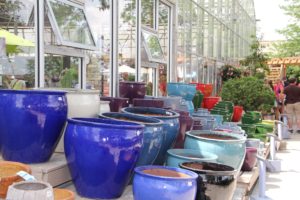
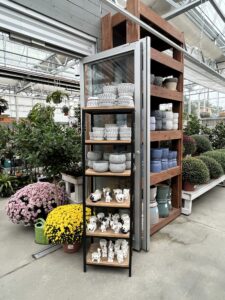
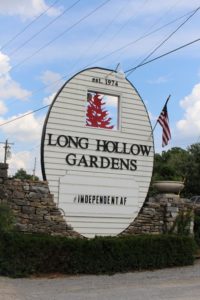
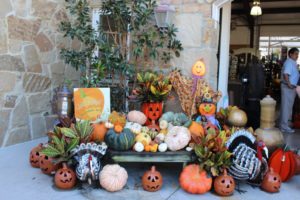
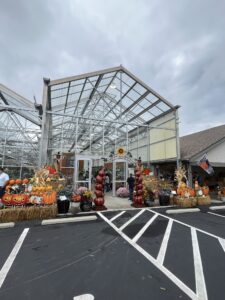
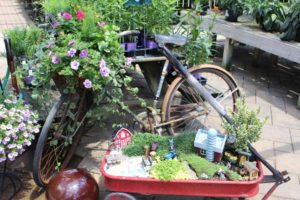
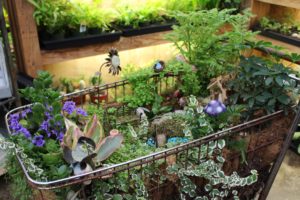
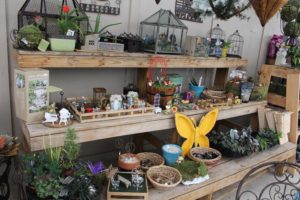
 Videos
Videos





